The Department of Health and Human Services (HHS) has issued guidance that contradicts the department’s June FAQ about calculating lost revenue from Covid-19 that may be recovered through the Coronavirus Aid, Relief, and Economic Security Act’s (CARES) Provider Relief Fund (PRF).
In the June FAQ, HHS said providers could “use any reasonable method of estimating the revenue during March and April 2020 compared to the same period had Covid-19 not appeared.” This latest guidance defines lost revenue that may be recovered as being limited to “a negative change in year-over-year net patient care operating income.” The guidance further specifies that providers generally will only be able to apply their PRF payments to lost revenue up to a facility’s net patient operating income for 2019.
As HHS announced previously, providers who have received more than $10,000 from the PRF are required to submit a report by Feb.15, 2021, on the use of those funds through Dec. 31, 2020, and, if necessary, a second and final report by July 31, 2021.
The PRF funding provided through the CARES Act and subsequent legislation was intended to reimburse eligible providers for healthcare-related expenses and lost revenues attributable to Covid-19. HHS had included a general commitment to reporting on the use of the PRF funds in the terms and conditions that PRF fund recipients agreed to for the funding. Previously HHS said it would issue detailed reporting instructions by Aug. 17, 2020 and the reporting system would be available Oct. 1. The reporting system is not yet available.
Please contact your U.S. senators and representatives today and ask them to urge the White House and HHS to reinstate the Covid-19 PRF reporting requirements that HHS outlined in June. Providers must be able to use these funds to recover any revenue lost due to Covid-19, rather than struggling to once again change course to respond to shifting guidance from HHS.

